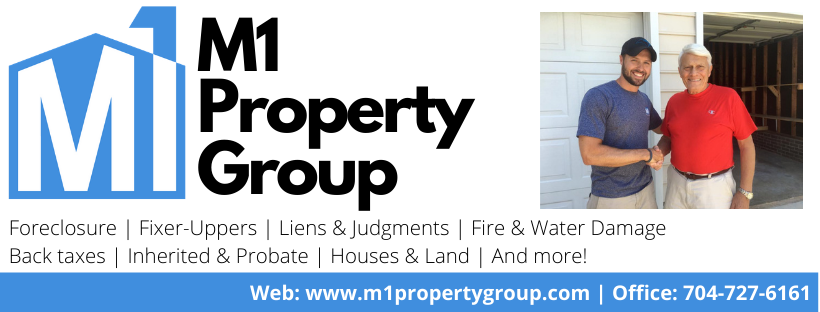What is the cost of selling a home? What all goes into it?
Here’s a brief rundown of the costs associated with selling a home.
- Realtor commissions – in a typical real estate transaction, the seller will pay the listing agent (seller’s agent) 3% of the sales price, and will also pay the buyer’s agent 3% of the sales price. For a $100,000 home, that would be $3,000 for the selling agent and $3,000 of the buyer’s agent for a total of $6,000. Now if the owner is selling the house on their own, also known as “For Sale By Owner”, the owner will save the 3% listing fee typically paid to the selling agent. The seller will often still have to pay 3% to the buyer’s agent as most active buyers are using agents. In the event the house is a “For Sale By Owner” and the buyer ends up buying directly from the seller (without a buyer’s agent), this would be the rare case where no realtor commissions are paid. However, it is important to recognize that its much more difficult to market your own property without having it listed on the MLS where tens of thousands of potential buyers can see it instantly. When you compare the cost of paying the mortgage for a couple months while trying to do a “For Sale By Owner” this may erase much of the savings of avoiding the use of the seller’s agent.
- Staging costs – depending on the style of your home and if there is currently furniture in the property, you may find yourself needing to stage the property. Many potential buyers prefer to see furniture in the space as it helps them imagine how the space should be used. Many times a buyer will get overwhelmed by a large empty home, and it may make it difficult for them to envision how they would decorate the house and use the space. Sometimes realtors recommend staging services when the style of a home is dated, or the space is empty and not attracting enough traffic. The cost to stage a home may range from $1500-$3000 depending on the extent of staging materials and the timeframe of how long the house is staged for.
- Closing costs – there are two sets of closing costs…one set for the buyer and one set for the seller. Typically the buyer will cover at least a portion of the buyer closing costs. Depending on the cash reserves the buyer has, they may request help with the buyer closing costs up to $2500-$3000, or perhaps they may not ask for any closing costs at all. Many first time homebuyers and young buyers will ask for help with closing costs, because in many instances they do not have the cash reserves as say an older more established buyer. Depending on your buyer, your costs associated with assisting with buyer closing costs may be around $2500-$3000. As for the seller side, you will have to pay a deed preparation fee for the attorney to prepare the deed documentation (maybe $300), likely a wire fee (maybe $25-$50), and government recording fees (maybe $350) at a minimum.
- Repair costs – depending on the age of your home, how it has been maintained, and the extent of repairs needed, the buyer may request assistance or an allowance for repair costs at closing. Big ticket items may include structural issues, new HVAC system, roof replacements, window replacements, breaker box re-wiring, or major re-plumbing. Its not uncommon for big ticket items such as these to range from $3000-$5000 depending on your contractor, distributor, and materials used. Much of the repair requests are based on the home inspection report.
- Prorated taxes – depending on your mortgage, your taxes may be automatically escrowed to maintain funds to cover taxes. However in the event your taxes have not been paid for the year, at the time of the closing, you may be responsible for prorated taxes from the start of the year until the closing date. Basically take the number of months between January and the closing date and and then divide that number by 12. You can then multiply this ratio times your taxes owed last year to get an approximation of what you may owe at closing.
- Lastly, at the sale of your home, the net proceeds will go toward paying off any remaining mortgages, lines of credit, or liens against the property. Whatever balance is left over after everything is paid off, will be what goes in your pocket at closing.
